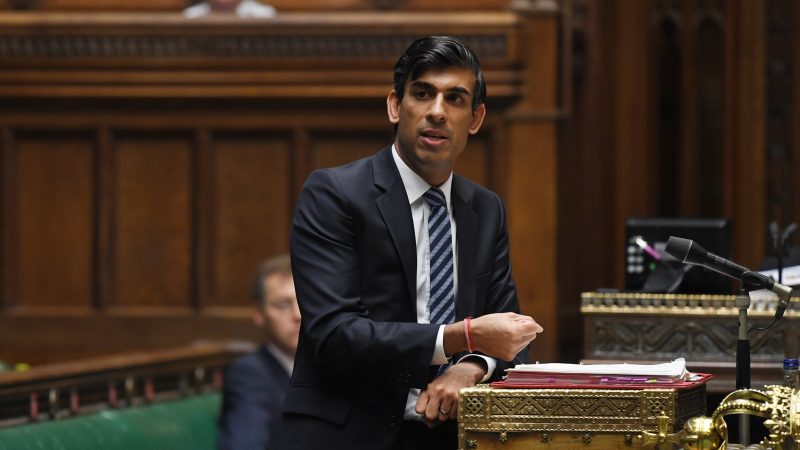
More than half of UK households have been forced to make adjustments in response to the rising cost of living. A new survey from consumer group Which? found that 57% of households had taken some form of action, including cutting back on essentials, taking out loans and relying on savings or overdrafts. More than one in ten of those surveyed said they had skipped meals due to rising food prices. This follows research released yesterday by the Office for National Statistics that found that consumers are seeing significant increases in the cost of budget food items such as pasta and bread, as prices rise much faster than general inflation.
On the broadcast round this morning, Labour’s James Murray stressed that rising food prices were a “national issue that the government needs to get a grip on”. The Shadow Financial Secretary to the Treasury told Sky News that Labour are “really glad” the government has finally agreed to implement a windfall tax on oil and gas companies but emphasised that the opposition party proposed this policy as part of an emergency Budget that would have included scrapping the National Insurance increase that is “really impacting on the amount of money people have in their pockets”.
Despite welcoming the £21bn support package announced by Rishi Sunak last week, Labour has raised concerns about its potential impact on inflation and has asked the Office for Budget Responsibility (OBR) to undertaken an analysis. Shadow Chief Secretary to the Treasury Pat McFadden said: “It is right that families get the support they need and also right that the country knows how the chancellor is paying for this.” The move has been challenged by the Labour left. Momentum described it as “painfully out of touch with both party members [and] the public” and accused the Labour leadership of criticising the government’s proposals “from the right”.
The Chancellor’s new support package has put Labour in a tricky position politically. The government’s reluctance to introduce a windfall tax on the astronomical profits of oil and gas companies – a policy shown to have strong public support – had given Labour a strong claim to be the party the country needs in this time of crisis. Sunak’s U-turn, though in many ways a win for Labour, will likely undermine this position. Hence, the party’s new line over the weekend that the government has taken action on the “symptoms” of the cost-of-living crisis but continues to fail to address its “causes”. This may go some way to explaining Labour’s decision to ask the OBR to assess whether the government’s support measures could exacerbate inflation.
On LabourList today, we have a piece from councillor Paul Dimoldenberg on what lessons can be learned from Westminster Labour’s victory in the former Tory stronghold of Hyde Park ward in the local elections. Labour Friends of Israel Lords chair Baroness Ramsay has argued that the UK needs to strengthen its sanctions regime to stop human rights abuses in Iran. And councillors Sasha Das Gupta and Hosnieh Djafari-Marbini have written for LabourList on Momentum’s internal elections and why members should back the Momentum Organisers slate.
Sign up to LabourList’s morning email for everything Labour, every weekday morning.



More from LabourList
‘Ukraine is Europe’s frontier – and Labour must stay resolute in its defence’
Vast majority of Labour members back defence spending boost and NATO membership – poll
‘Bold action, not piecemeal fixes, is the answer to Britain’s housing shortage’